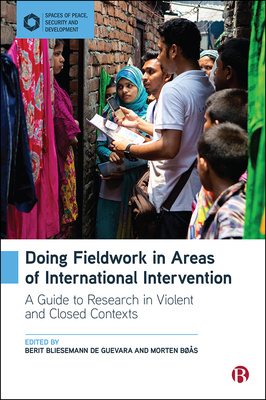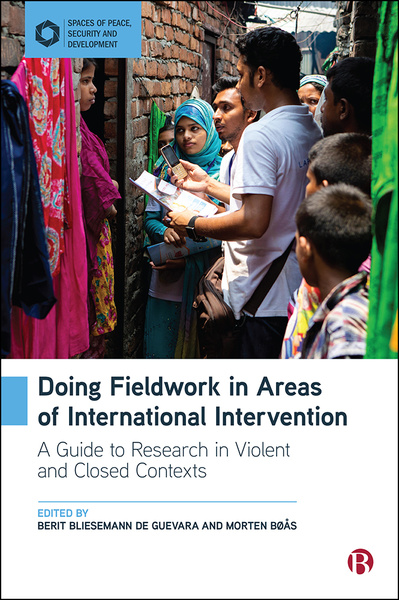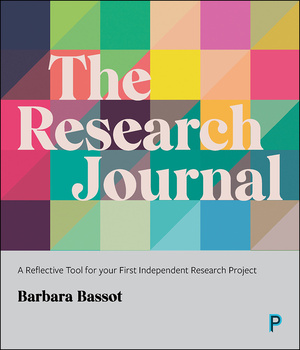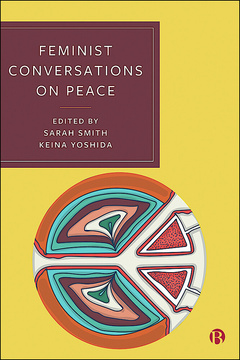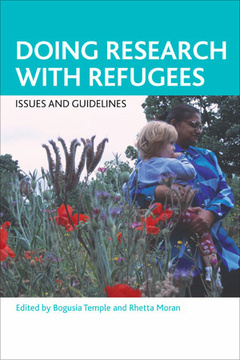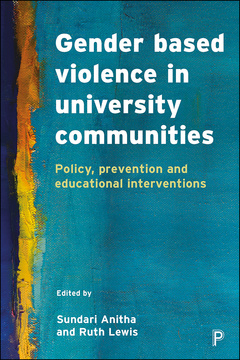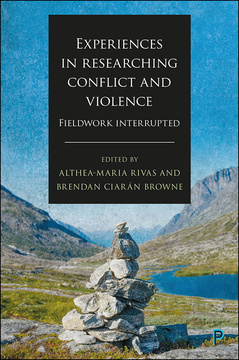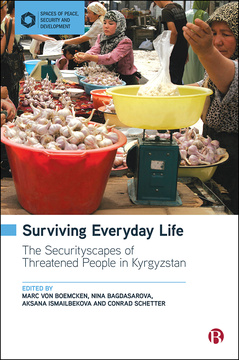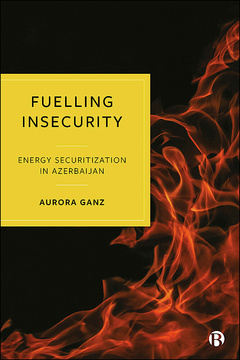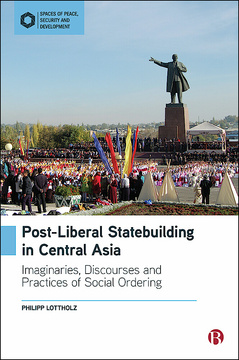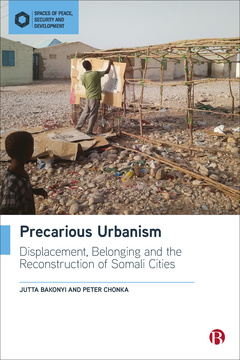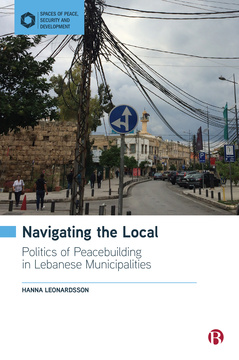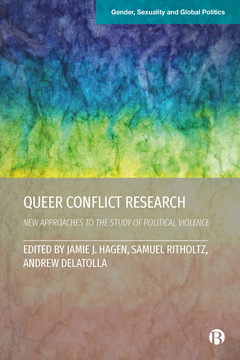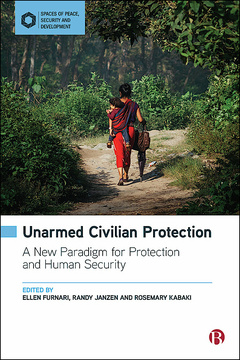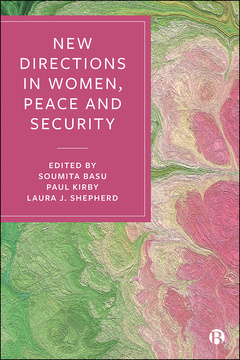Doing Fieldwork in Areas of International Intervention
A Guide to Research in Violent and Closed Contexts
Edited by Berit Bliesemann de Guevara and Morten Bøås
ISBN
978-1529206890Dimensions
234 x 156 mmImprint
Bristol University PressISBN
978-1529206883Dimensions
234 x 156 mmImprint
Bristol University PressISBN
978-1529206920Imprint
Bristol University PressISBN
978-1529206920Imprint
Bristol University PressUsing detailed insights from those with first-hand experience of conducting research in areas of international intervention and conflict, this handbook provides essential practical guidance for researchers and students embarking on fieldwork in violent, repressive and closed contexts.
Contributors detail their own experiences from areas including the Congo, Sudan, Yemen, Bosnia and Herzegovina and Myanmar, inviting readers into their reflections on mistakes and hard-learned lessons. Divided into sections on issues of control and confusion, security and risk, distance and closeness and sex and sensitivity, they look at how to negotiate complex grey areas and raise important questions that intervention researchers need to consider before, during and after their time on the ground.
"Fieldwork is messy, hard and confusing work. The authors in this timely volume reflect honestly on their anxieties, failures and hard-won insights during difficult circumstances. An inspiration!" Johanna Mannergren Selimovic, Swedish Institute of International Affairs
Berit Bliesemann de Guevara is Reader in Peacebuilding in the Department of International Politics at Aberystwyth University.
Morten Bøås is Research Professor at the Norwegian Institute of International Affairs (NUPI).
Doing Fieldwork in Areas of International Intervention into Violent and Closed Contexts ~ Berit Bliesemann de Guevara and Morten Bøås
Part I: Control and Confusion
Shifting Identities, Policy Networks, and the Practical and Ethical Challenges of Gaining Access to the Field in Interventions ~ Roland Kostić
Interpretivist Methods and Military Intervention Research: Using Interview Research to De- centre the ‘Intervener’ ~ Casey McNeill
The Interview as a Cultural Performance and the Value of Surrendering Control ~ Markus Göransson
Unequal Research Relationships in Highly Insecure Places: Of Fear, Funds and Friendship ~ Morten Bøås
Part II: Security and Risk
The Politics of Safe Research in Violent and Illiberal Contexts ~ Alessandra Russo and Francesco Strazzari
The Politics and Ethics of Fieldwork in Post-conflict Environments: The Dilemmas of a Vocational Approach ~ John Heathershaw and Parviz Mullojonov
Challenges of Research in an Active Conflict Environment ~ Boukary Sangaré and Jaimie Bleck
On Assessing Risk Assessments and Situating Security Advice: The Unsettling Quest for ‘Security Expertise’ ~ Judith Verweijen
Being Watched and Being Handled ~ Jesse Driscoll
Part III: Distance and Closeness
Positioning in an Insecure Field: Reflections on Negotiating Identity ~ Maria- Louise Clausen
A Different Form of Intervention? Revisiting the Role of Researchers in Post-war Contexts ~ Daniela Lai
The Road to Darfur: Ethical and Practical Challenges of Embedded Research in Areas of Open Conflict ~ Mateja Peter
Interpretation by Proxy? Interpretive Fieldwork with Local Associates in Areas of Restricted Research Access ~ Katarina Kušić
Part IV: Sex and Sensitivity
Sex Workers and Sugar Babies: Empathetic Engagement with Vulnerable Sources ~ Kathleen M. Jennings
Lifting the Burden? The Ethical Implications of Studying Exemplary, Not Pathological, Wartime Sexual Conduct ~ Angela Muvumba Sellström
Unexpected Grey Areas, Innuendo and Webs of Complicity: Experiences of Researching Sexual Exploitation in UN Peacekeeping Missions ~ Henri Myrttinen
Sexual Exploitation, Rape and Abuse as a Narrative and a Strategy ~ Ingunn Bjørkhaug
Ten Things to Consider Before, During and After Fieldwork in a Violent or Closed Context ~ Berit Bliesemann de Guevara and Morten Bøås







